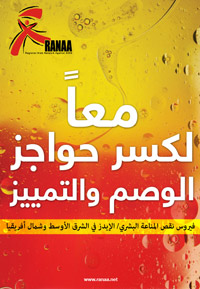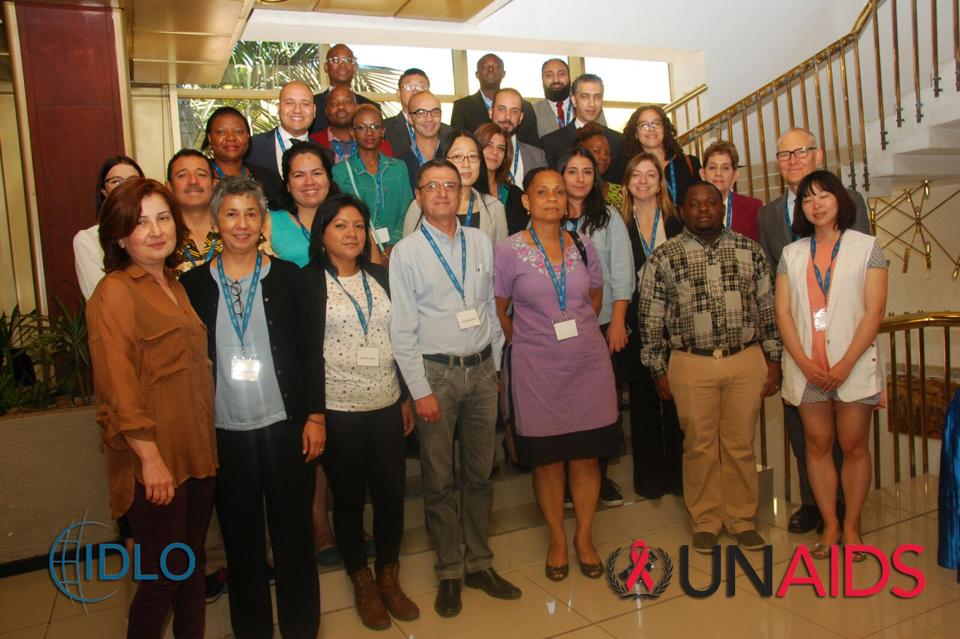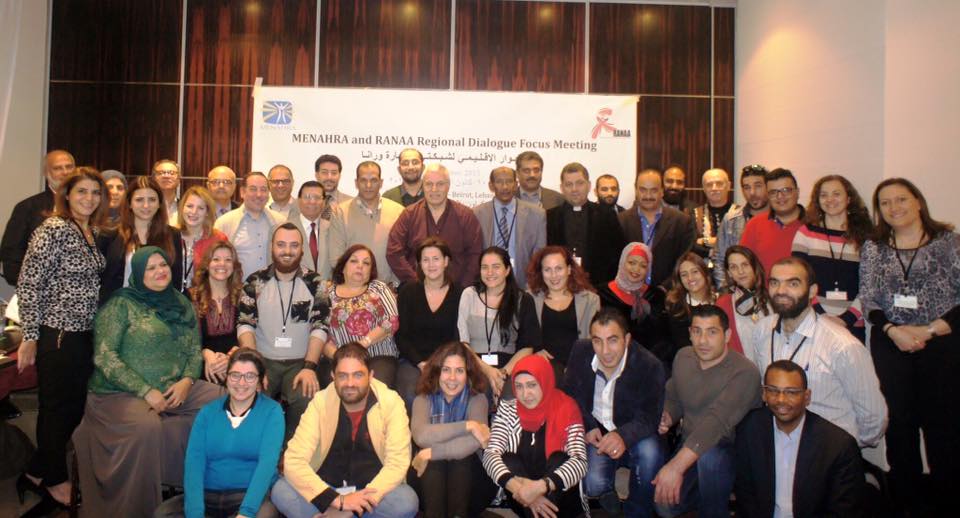Extract from the UNAIDS Middle Est and North Africa Regional Report on AIDS 2011
The concept of the triangular clinic is innovative and pragmatic. It deals with three frequently overlapping issues: injecting drug use through harm reduction; the treatment of sexually transmitted infections; and care and support for people living with HIV.
Triangular clinics utilize the services of medical doctors as well as paramedical staff and counsellors. Some clinics have visiting specialists, such as infectious diseases specialists and psychiatrists. Prevention efforts directed at key populations include provision of harm reduction packages where clients are usually provided with up to one week’s supply of injecting equipment at a time, as well as condoms. The clinics have been organized in such a way that other agencies can refer clients to the clinics for counselling and testing as well as for care and support.
The first triangular clinic was established in Kermanshah’s central prison in October 2000. The Kermanshah clinic demonstrated that by grouping the three service areas together, it was possible to deliver a responsive, comprehensive and integrated service to drug users, their local community and people living with HIV, including drug users and their families.
Following the experience of the Kermanshah clinic, the triangular clinic model has been expanded throughout the country. At present, there are 102 such clinics in 32 provinces, together with 180 pure VCT facilities. As at the end of 2010, the Iranian Prisons Organization supported an additional 133 such facilities within its own system. In all the clinics the focus is on the provision of care and support for people living with HIV. The clinics avoid stigmatization by not making direct, specific public references to HIV. The triangular clinics are also sometimes referred to as the “counselling and treatment centres for behavioural diseases”, or VCT centres.
After formal registration and documentation of relevant details, which are kept confidential in files that can be accessed only by counselling or treatment staff, patients are offered the services of a counsellor for pre- and post-test counselling.
Blood is usually drawn at the triangular clinic and sent to the Blood Transfusion Organization for HIV and hepatitis B virus testing, and hepatitis C virus testing is included for those with a history of injecting. Blood samples are coded to maintain confidentiality. The results are sent back to the triangular clinic, where they are given to clients with post-test counselling.
The clinics have the potential to diagnose and effectively treat HIV as well as offer prophylactic treatment for opportunistic infections. Suspected tuberculosis cases are screened and, after establishing a diagnosis, are usually referred to a DOTS (directly observed treatment, short-course) programme—which is already operational in the Iranian health system. Similarly, clients with various medical and psychiatric problems are referred to respective clinics.
Opioid substitution therapy (OST) is offered free of charge for opiate-dependent people living with HIV in some triangular clinics. Staff at clinics offering OST reported that this has helped more people injecting opiates to access their services. Methadone treatment is attractive to opiate-dependent clients, and since many clinics do not have strong linkages with people who inject drugs’ communities, the clinics emphasize the significance of OST in promoting themselves to drug users. In some areas, the prime reason for clients registering with the clinic is the desire to access methadone treatment.
Triangular clinics are not all the same. Their capacity to provide treatment and care for people living with HIV varies with only some of them providing ART to a limited number of patients. Clinics also differ in their ability to organize other support services for people living with HIV. The formation of self-help groups that can provide support and advocacy is an important step in an effective response to AIDS. Some triangular clinics, such as in Khoram Abad (Lorestan) and Shiraz (Fars), have facilitated the organization of such groups among their clients. These “Positive Clubs”, which now number twelve nationwide, have been funded through successive rounds of Global Fund grants and are being scaled up further. They are also expanding the range of services they provide to include capacity development and vocational training.

 RANAA works to strengthen the role of the civil society in limiting the spread of HIV/AIDS in the MENA region ...
RANAA works to strengthen the role of the civil society in limiting the spread of HIV/AIDS in the MENA region ...








